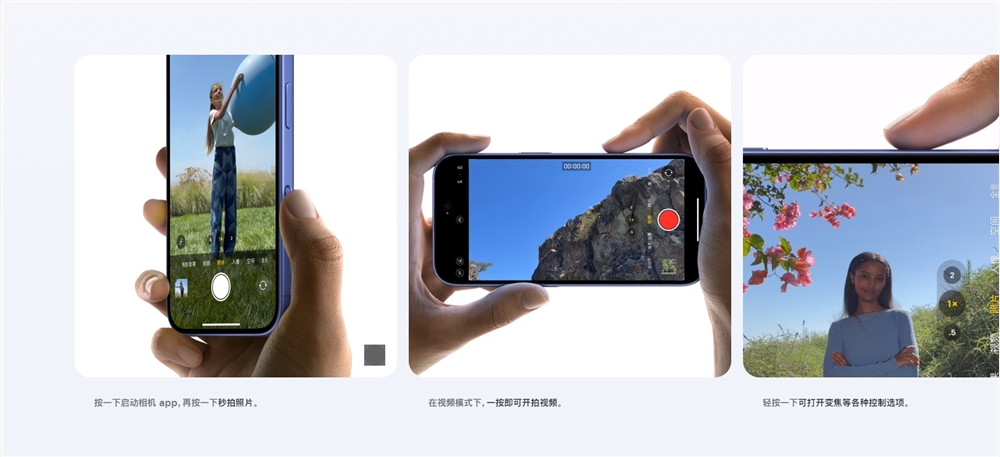Apple has recently launched a new generation of iPhones, claiming to be strongly promoting the application of artificial intelligence in device operating systems. This move has garnered widespread attention from IT professionals, who believe that these new features have the potential to accelerate the use of AI in business tasks, but also express concerns about how sensitive data will be handled.

Apple introduced this series of new features, collectively known as "Apple Intelligence," during a Monday event. These include an upgraded Siri voice assistant, various text generation and photo editing features, and compatibility with the newly released iPhone16 and iPhone15Pro. Apple had announced most of these AI features back in June, with some beta versions set to launch next month.
Although Apple's stock fell more than 1% after the event, the market remains skeptical about the prospects of AI products. However, for companies that see potential in AI, these devices represent new possibilities and challenges.
For instance, Sean Malhotra, the Chief Technology Officer of Rocket Cos., stated that his employees can experiment with the AI features on these devices, allowing AI algorithms to run without relying on remote cloud servers. He believes that preventing employees from using new technology would be a mistake. However, Rocket Cos. must also ensure data security and compliance with information security requirements for AI usage.
The new iPhones are equipped with Apple's own chips, which support these AI features. Kunal Anand, Chief Technology and AI Officer at F5, has been testing the beta version of Apple Intelligence. He notes that the degree and monitoring of AI applications running on devices are not yet clear, causing unease among many CIOs.
Apple states that users can check which processes are handled on the device and which are processed through its "private cloud computing system" via transparency logs. Additionally, Apple emphasizes that the security controls of its private cloud system are on par with those for data processing on devices.
It's worth noting that Apple's collaboration with OpenAI has also drawn attention. Users may need to use ChatGPT for certain features, with Apple asking for user consent to send requests to ChatGPT's servers. This feature is off by default and needs to be manually enabled.
Ann Bahadev, Chief Operating Officer of Walmart's Global Technology Unit, points out that both businesses and technology suppliers want to jointly embed necessary controls to facilitate the use of these devices in corporate environments. Bahadev believes that once device manufacturers address data privacy and security issues, the adoption of AI will accelerate.
Christian Frank, Technology Director at S&P Global Ratings, says Apple is very good at enhancing customer experience and believes they will find suitable use cases to promote to consumers, which in turn will help businesses better utilize these tools.









